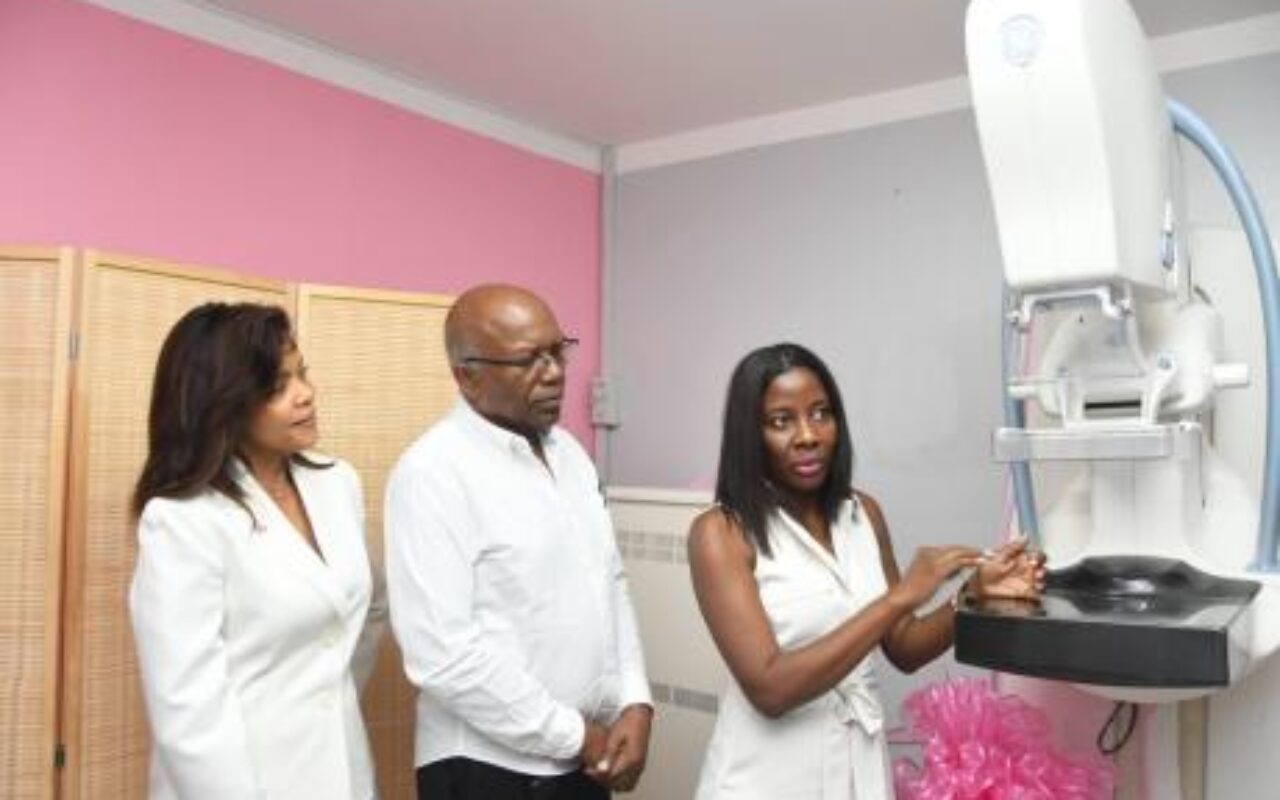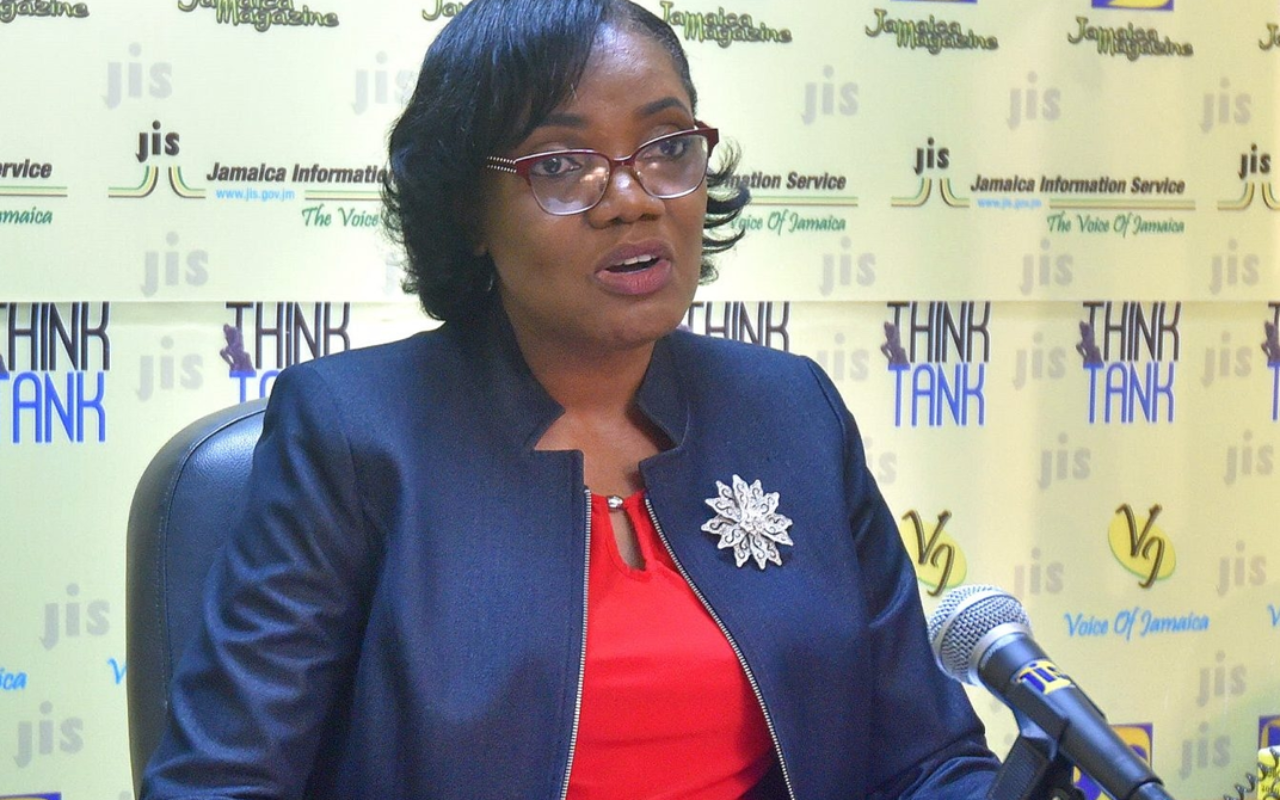We can beat colon cancer
When Chadwick Boseman of Black Panther fame died of colon cancer, sales of screening tests skyrocketed in the United States. It is a pattern that repeats itself across different countries and with different cancers. For prostate cancer in The Bahamas, it was the death of beloved Prime Minister Lynden Pindling that led to Bahamian men taking screening seriously.
Statistics do not move the needle on attitudes towards cancer screening. That colon cancer is the third leading cancer in Jamaica has little impact on our decision to get screened. There is a sense of “it’s not going to happen to me”. Even when the statistics clearly demonstrate that younger and younger people are getting more and more aggressive cancers, mid-lifers refuse to get screened. But, even if they did, how can they access screening in a country with public and private health systems that are notoriously difficult to navigate.
Colon cancer usually begins as a precancerous growth on the inside lining of the colon. If this growth is removed completely, the cancer that would have been goes with it. So the key to preventing colon cancer deaths is simply to find these polyps and remove them before they turn into cancer. Therein lies the problem. How do we look for these lesions that are so small and so common in a population that can’t afford the more sensitive screening tools available locally? A large percentage of the over-age 45 population need to be screened in order to pick up the polyps and early cancers and decrease the burden of advanced disease and deaths.
The logical answer is to use cheap, easy-to-use and sensitive tests on everyone at risk, to identify those with a higher likelihood of having polyps and early cancers, and then use the more invasive and expensive methods to find and remove the growths. Fortunately for other countries except ours, this method is being used effectively, cutting colon cancer deaths in half in some locales.
Polyps bleed tiny amounts of blood in the stool that may not be seen with the naked eye. This is called occult or hidden blood and there are tests that detect such blood in the stool. When a faecal occult blood test is positive, it may indicate that the patient has a polyp or early cancer and will need further investigation. That further investigation comes in the form of a colonoscopy. A colonoscopy involves passing a long tube with a camera into the colon while under anaesthesia. This is done in order to visualise the entire length of the colon. At colonoscopy, polyps can be removed, thus curing the patient of any future cancer. It may seem therefore logical that we should all just get colonoscopies to screen for colon cancer and polyps, because you can directly see them rather than indirectly looking for their presence through occult blood. The colonoscopy would then provide the screening as well as the treatment.
Unfortunately, this is not a practical solution. Colonoscopies require highly trained specialists to safely perform the procedure. These specialists are not readily available to perform colonoscopies on everyone at risk. Colonoscopies are also expensive. The cost of a colonoscopy in Jamaica ranges from $60,000 to $250,000. There is no screening colonoscopy programme in the public health sector. Whereas colonoscopy services are offered, because of the high demand, it is usually a patient with obvious signs of cancer or other serious colonic diseases who undergoes a free public hospital colonoscopy. By then, it is more for diagnosis of the usual advanced cancers.
It is therefore no surprise that roughly 70 per cent of colon cancers diagnosed in Jamaica are advanced disease with a higher treatment cost and higher death rate. The screening tools that are more affordable are simply not accurate enough to justify using them for screening purposes, and yet we continue to do so. The guaiac test that is currently being used to screen for blood in the stool is so inaccurate that it has been abandoned in the United States since 2008. Yet, here in Jamaica, it continues to be an integral component of the Executive Profile screening tests done by laboratories. Apart from being grossly inaccurate, guaiac tests require abstention from certain foods like red meat, medications, and the collection of three different stool samples.
The only other test recommended by the American College of Gastroenterology as comparable to a colonoscopy is the annual FIT test. This test of occult blood is extremely accurate in detecting blood in the stool. It requires no special dietary preparation and is easy to use, with rapid results. A positive FIT test result directs those who need a colonoscopy and reassures those with a negative result. The introduction of a national screening programme for colon cancer is best accomplished with widespread FIT testing and targeted screening colonoscopies. With this approach, we can cut colon cancer deaths in half and decrease the burden of advanced disease on individuals, families and the public health system. It is a simple yet effective approach to a cancer that has been largely neglected by the medical establishment. This to the detriment of the 300 families that mourn a colon cancer death every year. Until it hits close to home, it is easy to bury one’s head in the sand and pretend it is not a threat. I know this is true because it was indeed easy to bury my head until the cancer came knocking at my family’s door. Do not take this message lightly. Let us beat colon cancer together.
Source: https://jamaica-gleaner.com/article/commentary/20230305/alfred-dawes-we-can-beat-colon-cancer







